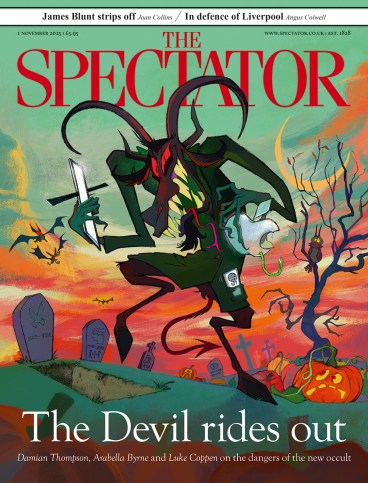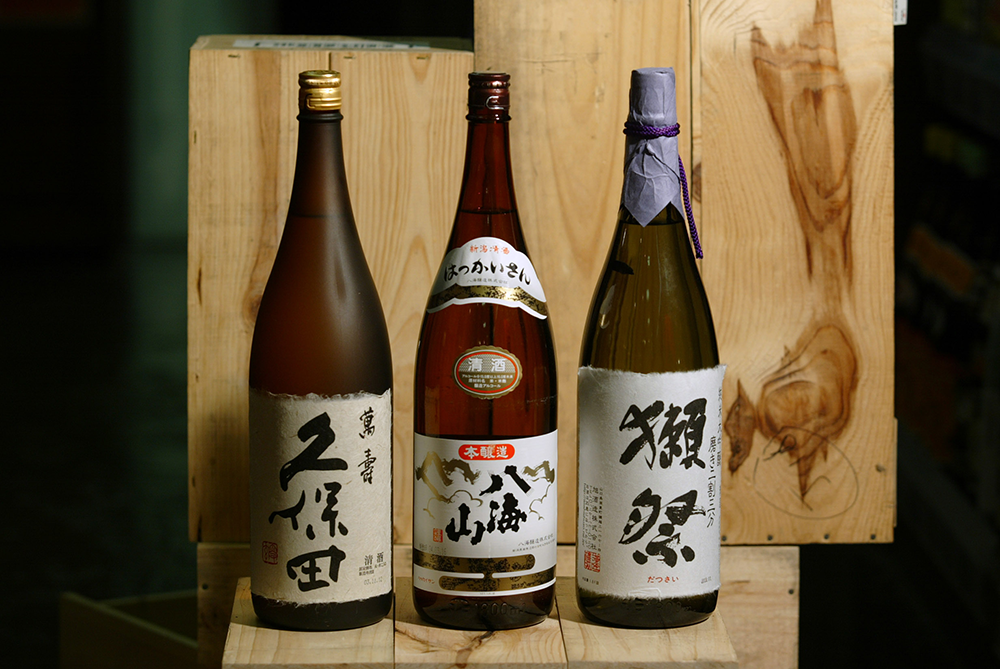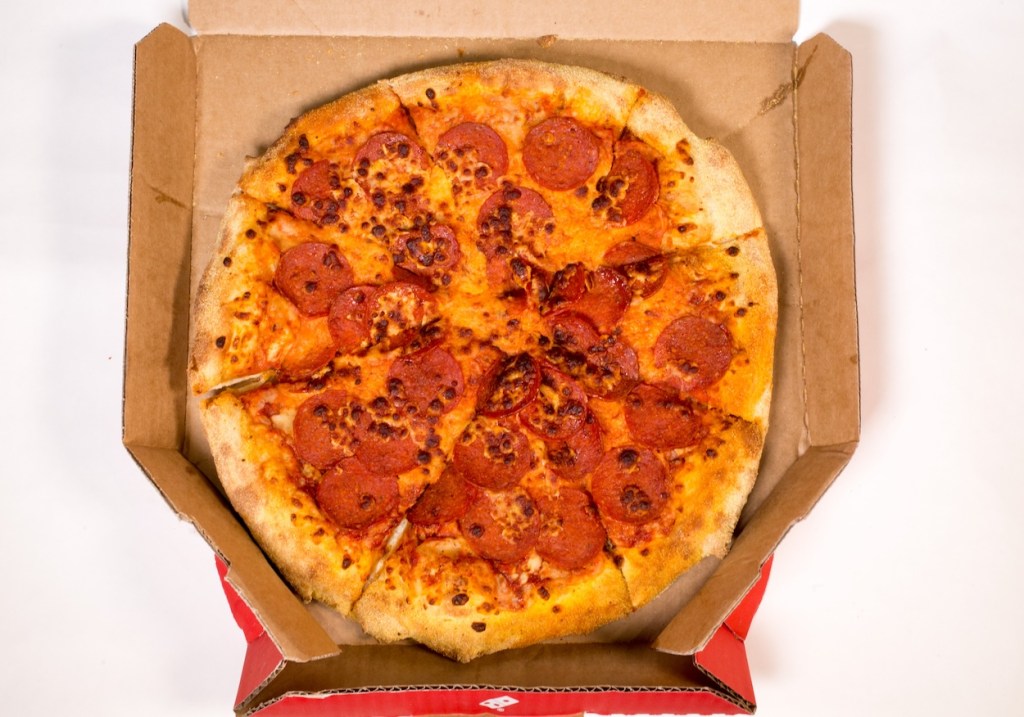
There is a fellow called Anthony Newman who is fascinated by drink, as a consumer, a producer and an intellectual. That said, he spent some years supplying Australians with craft beer, which does not sound very intellectual. But he insists he paid for his own passage and was able to return without a ticket of leave.
While living in Oz he visited Japan, and found himself captivated by many aspects – not least sake, the rice wine which is its national drink. Nearly 90 per cent of sake is consumed locally. Anthony decided the potential export market was enormous.
I have heard it persuasively argued that Japan is the most complex of all the world’s great countries. It does certainly seem true that despite so many western elements in Japanese society, the movement from status to contract has been slow – which may explain Japan’s social stability.
There is also the Meiji Restoration of 1868, one of the most successful revolutions in history. After that, Japanese culture aroused great interest in the West, and had an influence on impressionism. There was a sense that Japan was a gentle, civilised society, with girls who looked as if they were made of papier-mâché; vulnerable beauties such as poor Butterfly, at the mercy of blunderers like Pinkerton. This, alas, was only part of the picture. Other aspects of Japanese development owed nothing to the subtleties of the tea ceremony. As the Chinese, Russians and other neighbours were to discover, the momentum of change after Meiji swept Japan into imperialism, conquest, and a doomed attempt to displace the Americans from the Pacific. Pinkerton won again.
Postwar Japan has forsworn militarism, though not all the neighbours are convinced. Admittedly, Japanese leaders have apologised for the war, but I have heard expressions of scepticism from some Koreans. Were those leaders saying sorry for fighting the war, or for losing it?
Sake works well as an aperitif, and with fish dishes, though for me it comes into perfection with sashimi
Equally, the Bushido code – the samurai ethos – is a moving evocation of virtue and chivalry. Anyone who suffered Japanese captivity during war-time would maintain that in those days, it bore the same relation to virtue as the 1936 Soviet constitution did to human rights. Then again, generations of British schoolboys have admired Caesar, and consider the treatment of Vercingetorix, his most formidable opponent, worthy of gallantry. Not so. A humiliating captivity in order to be a spectacle in Caesar’s triumph was followed by a sordid death. In earlier societies, the warrior ethos often put the stress on warrior.
While in Japan, Anthony was drawn to Hokkaido, the most northerly prefecture, famous for mountains and skiing: beautiful all year round, but in winter beautiful and bitterly cold, with the temperature often falling to -20°C. He decided that the town of Asahikawa, cold even by Hokkaido standards, was the best place to brew sake, using glorious mountain water and the highest grade rice: yamadanishiki. The result is Toku, meaning ‘virtue’ – as good a sake as I have tasted.

Anthony and his team observed that the taste for Japanese food was growing in the West, and that sake is the perfect accompaniment to Japanese dishes. I believe that it goes equally well with Chinese food, though it is not easy to find a Chinese restaurateur who agrees. Sake works well as an aperitif, and with fish dishes, though for me it comes into perfection with sashimi. Sushi is the hors d’oeuvre: sashimi the pièce de resistance. Apart from anything else, the combined taste is so clean, you almost feel that you are on a health regime.
There is still some confusion and curiosity. How should it be drunk: hot or cold? Answer: cold, at about 5°C. How strong is it? Around 16 per cent ABV. Thirst awaits.







Comments